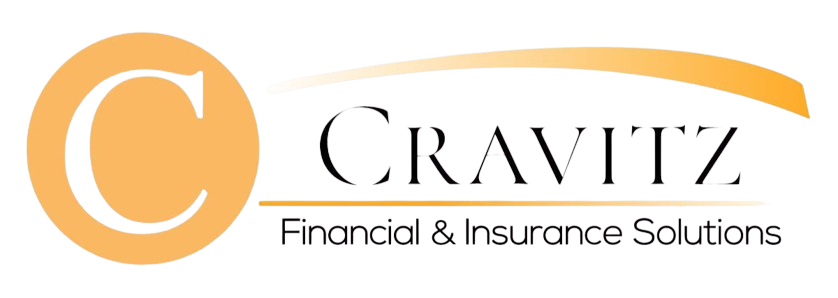Is an IRA a good investment? Actually, an IRA is not a investment. Instead, it is an account. Within the IRA you can hold investments.
Full Transcript:
Hey everybody, it's Ryan here. All right, so today I want to talk to you a little bit about IRAs. And specifically, I want to address a question that I get asked from time to time and just came up again today that every time I get asked this question, I know that there's a little bit of confusion about how IRAs work and how investments work and all that sort of thing. So here's the question. Is an IRA a good investment? Now, the interesting thing about that question is it's actually kind of a trick question. Now, I know if you're asking the question, you're not asking it as a trick. Instead, you're trying to find out the answer. I totally understand. But the reason that I see it's actually kind of a trick question is that an IRA is actually not an investment.
So it's not a good investment, it's not a bad investment. It's not an investment. All an IRA is is it's just an account. That's all. And within the IRA, you can have investments. You can have stocks, bonds, mutual funds, exchange traded funds, what have you, but an IRA in and of itself is not an investment. You can also have, by the way, inside of an IRA, you can have that money just sitting in a savings account or inside of a CD, okay? You can have all those different types of investments and/or savings vehicles inside of your IRA account.
Now, a different question and a question I think is more along the lines of what people are probably really wanting to know is, is an IRA a good account to have? Now, the answer to that is going to depend upon your personal financial situation, but let's talk about that a little bit. Now, there's multiple different types of IRA accounts, right? You've got traditional IRAs, rollover IRAs, Roth IRAs, SEP IRAs, simple IRAs, right? It's becoming almost just a tongue twister here for me just to say all the different IRA accounts. And we're not going to go through all the different IRA accounts here today. Just know that they all have different rules as far as how much you can contribute, who's eligible to contribute and all that sort of thing. That would be for a whole other video. The key thing for you to know is just all of these accounts, typically the main advantage for many of them, or at least I should say the main potential advantage for many of them comes in the taxes. So it all has to do with how your money is taxed.
So as an example, with a traditional IRA, you can contribute to a traditional IRA and potentially you can get a tax deduction. Not everyone can. So there's some rules behind that. But you can get a tax deduction perhaps. And if you get that, it's always nice to be able to get the tax deduction and then your money can grow tax deferred, meaning that you don't have to pay income taxes on any of the growth, on any of the capital gains, dividends, interest, any of that every single year. And instead, you don't have to worry about paying any taxes on any of the growth until typically after you're 59 and a half and into retirement and you go to take withdrawals. And then when you do, you'll have to pay taxes at ordinary income tax rates on the money that you withdraw.
That's on a traditional IRA. And like on a Roth IRA, again, presuming that you're eligible to make the contribution to a Roth, the money that goes in is after tax. So you've already paid taxes on the amount that you're going to contribute. It then also grows tax deferred. So again, you're not having to pay taxes on any other growth. And then also potentially, after the age of 59 and a half in retirement, you can take out a qualified distribution and not have to pay any income taxes whatsoever.
All right, I hope that was helpful. If you have questions on any of this, feel free to reach out to me. You take care of yourself and I look forward to talking to you soon.
